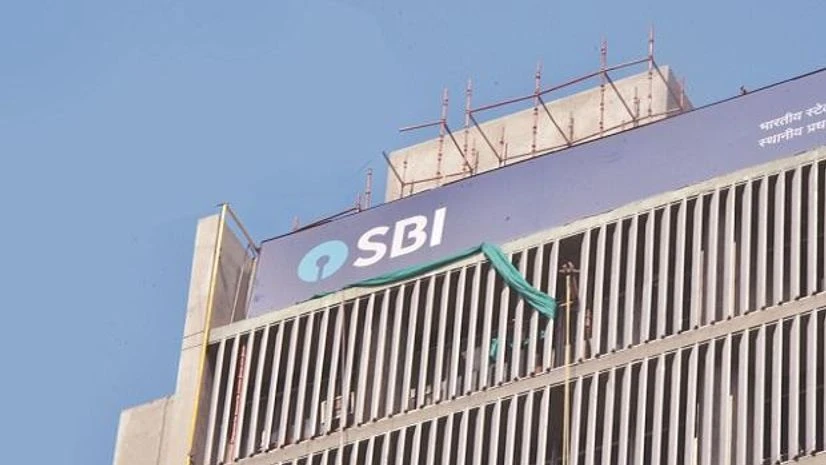The price hikes during Covid were more because of supply chain and logistics disruptions caused by the pandemic and the Ukraine war rather than firms increasing prices because of higher pricing power, a report by State Bank of India (SBI) said.
“It is thus incorrect to infer that concentration power dictated pricing capacity of firms, thus resulting in unyielding core inflation,” the report authored by Soumya Kanti Ghosh, group chief economic adviser, SBI, said.
A recent research article by former Reserve Bank of India (RBI) deputy governor Viral Acharya had observed that persistence of core inflation in India is due to purchasing power of top-five corporate houses.
“We tested the hypothesis of whether the unyielding nature of India’s core inflation is attributable to industrial organisation structures across sectors where we find evidence of imperfect competition. This, in economic parlance, we term as Oligopoly (telecom/basic metals) Oligopsony (passenger vehicles / two wheelers) and Monopsony with little evidence of any Monopoly control,” the SBI report said.
The SBI report analysed seven sectors – telecom, FMCG, two-wheelers, passenger vehicles, retail trade, steel & basic metals.
Also Read
“In the end, our study of the corporate ecosystem, nurturing and nourishing the local companies to gain scale and efficiency, demonstrates nearly 45 per cent that survive and stay in business for more than 20 years against the global norm of five years,” the report said.
The report highlighted that, on average, 45,600 new firms were registered every year in India, in the period between 1980 and 2018.
It vaulted towards 200,000 (185,000 according to early estimates) in 2023.
“In principle, the number of firms formed during 2018-2022 has been much higher in comparison, with a spirit of entrepreneurship sweeping across the nation,” it said.

)
